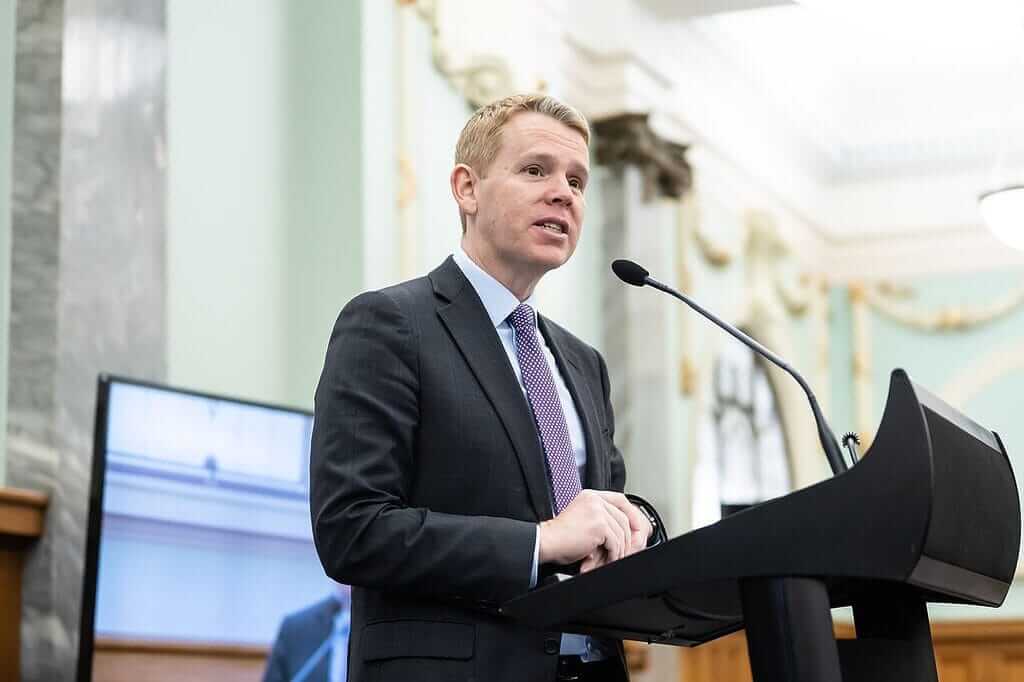In brief
- Several government agencies refused to disclose details about koha payments to iwi organisations.
- Agencies often cited section 18(f) of the Official Information Act 1982, stating that the requests would require substantial manual collation or research.
- This lack of oversight in government practices illustrates the need for greater transparency and adherence to guidelines set by the Auditor-General.
OIAs reveal lack of transparency
Koha payments–the traditional Māori practice of gifting–are an important part of Māori culture, but their current use by government agencies lacks transparency, evidenced by recent OIA responses to Centrist.
There are questions about accountability, given that taxpayer money is involved. As stewards of public funds, government agencies must ensure that dollars are tracked and justified, including those given as part of a koha payment.
Koha payments in government is a tradition shrouded in secrecy
Multiple OIA responses from agencies such as Kāinga Ora, Te Whatu Ora, and Waka Kotahi reveal koha payments are not systematically recorded or disclosed. This lack of oversight cuts across multiple government agencies.
For instance, we asked several government agencies to itemise how much money had been paid to iwi organisations since 2017 under the respective headings of koha and contracts. However, our requests were met with refusals across the board.
Kāinga Ora, Te Whatu Ora, Te Puni Kōkiri, Oranga Tamariki, and Waka Kotahi all declined to provide specifics on koha payments, frequently citing section 18(f) of the Official Information Act 1982.
This section allows requests to be refused if they would require substantial manual collation or research. Some agencies also refused under section 18(e), claiming that the requested information does not exist.
The refusal to disclose these details makes it practically impossible for the public to ascertain how much is being spent.
A stark contrast in Massey University’s transparent approach to koha
In contrast, Massey University’s approach, unlike the opaque practices observed in other agencies, has implemented a clear and structured Koha Policy, which ensures accountability.
Massey’s policy explicitly outlines the circumstances under which koha can be provided, such as during culturally significant events or as expressions of aroha in the context of Tikanga Māori.
Notably, Massey University cites the Public Finance Act as informing their policy. As far as the university is concerned, tracking koha payments is a legal requirement tied to the use of public financial resources.
The need for transparency and accountability
Note, these agencies appear to be ignoring their own guidelines. The Controller and Auditor-General report ‘Controlling sensitive expenditure: Guide for public organisations’ clearly states on page 31:
“Public organisations should have a policy on, and controls over, giving koha that specifies the means of determining the cost of any koha, and requires all koha made to:
• reflect the occasion;
• be approved in advance at an appropriate level of authority; and
• be clearly documented with the date, amount, description, and purpose.”
A December 2022 OIA from The Treasury shows some government departments are able to track koha payments.
It is common sense that koha payments should be subject to the same scrutiny as any other expenditure of public funds.
The $200 koha controversy
A 2021 incident involving Chief Human Rights Commissioner Paul Hunt further illustrates the potential issues with untracked koha payments. Hunt made a $200 koha payment to the Waikato chapter of the Mongrel Mob, a decision which triggered public outcry and led to an investigation by the Auditor-General.
Although the payment was deemed consistent with the Commission’s sensitive expenditure policy, the controversy highlights how koha, when not properly accounted for, can lead to public distrust.



















